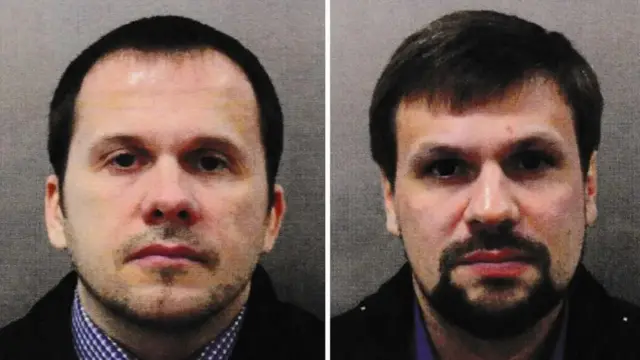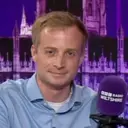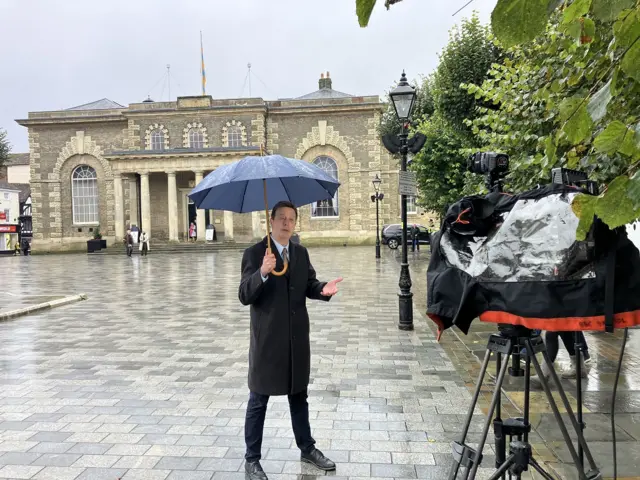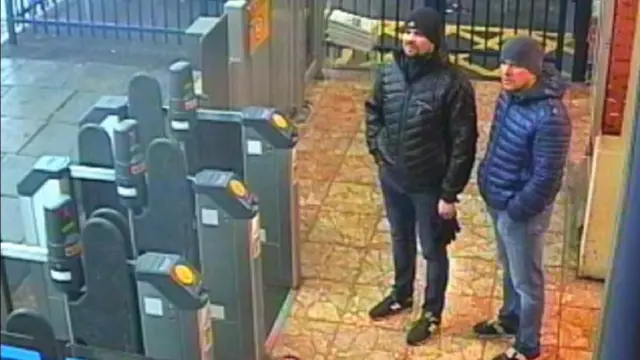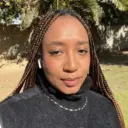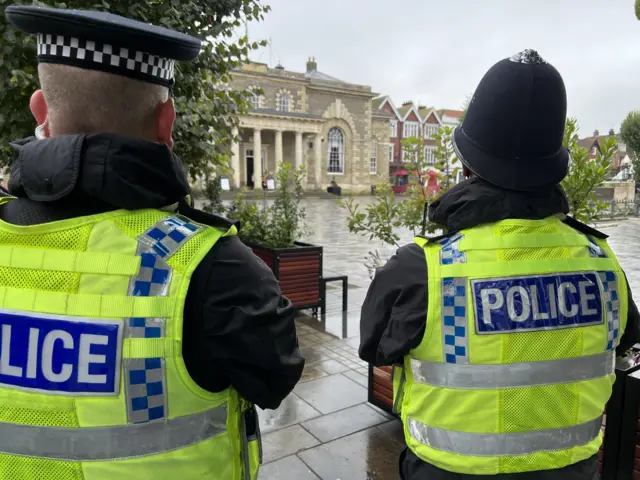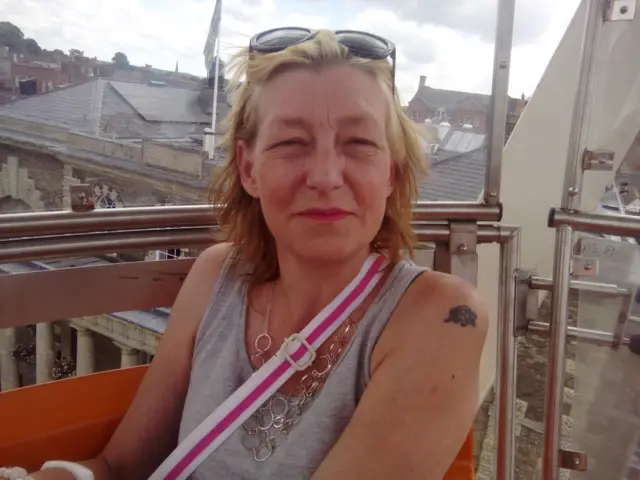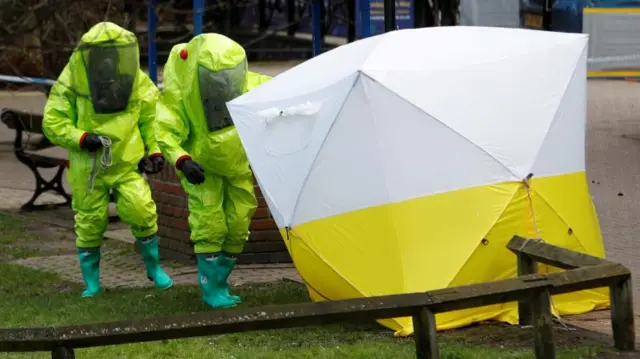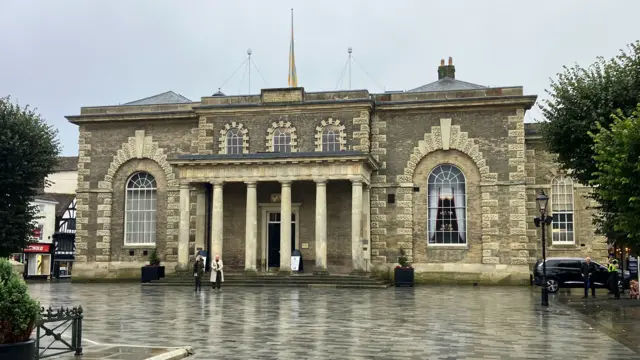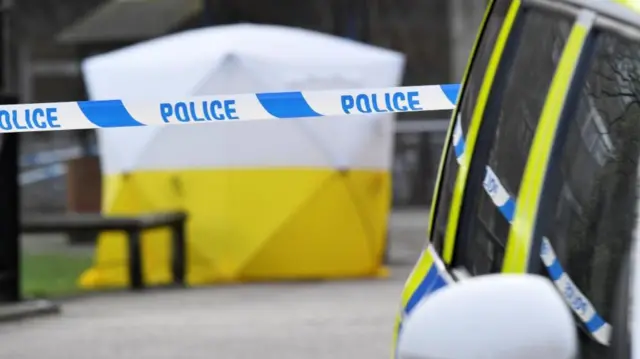Key figures you will hear about during the inquirypublished at 10:51 BST 14 October 2024
Dawn Sturgess – The mother of three who died after being exposed to Novichok.
Charlie Rowley – Dawn Sturgess’ partner, who was also hospitalised after exposure, but recovered.
Sergei and Yulia Skripal – Mr Skripal is a former Russian spy, who was living in the UK in 2018. He and his daughter Yulia were discovered unconscious on a bench in Salisbury on 4 March 2018. They eventually recovered from the poisoning.
Alexander Petrov - One of the two men believed to be Russian spies, who are thought to have carried out the attack in Salisbury. His real identity is suspected to be Anatoliy Chepiga.
Ruslan Boshirov - He accompanied Petrov to Salisbury. His real name is believed to be Alexander Mishkin.
Sergey Fedotov - A senior Russian agent, named in 2021 by the police as another suspect. They allege he was the on-the-ground commander. It's thought he is really Denis Sergeev.
Det Sgt Nick Bailey - The first person to enter the home of Sergei Skripal after he was found poisoned with his daughter. He too fell seriously ill but also recovered.
Lord Hughes of Ombersley – the judge overseeing the inquiry.
